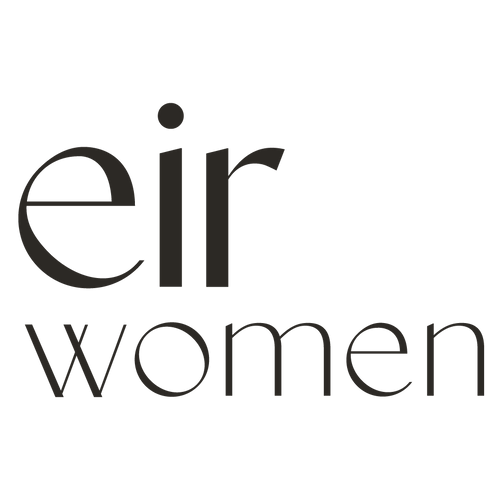Why (Peri)Menopause Is a Wisdom Revolution

October is World Menopause Month, so cue the flood of “awareness” posts, pink cupcakes in the break room, and perhaps the odd awkward wellness email from HR.
But this conversation is bigger than a cupcake. I’ve completed some research this week and a paper for uni (while very jetlagged) that tackles the implicit bias of women in midlife in the workplace. It’s one I’ve been a little reluctant to write about, as truly I believe that midlife is a transition for both men and women, but in different ways.
But…back to topic.
What we mostly see focus on is the visible symptoms, when we need to also address the perception of menopause, and midlife in general.
We’re talking about one in five working Australians. Over three million women aged 45–64, who are either in perimenopause or post-menopausal (AMA, 2025). That’s 21% of the workforce.
Not a niche demographic. Not a “special interest group.”
That’s your leadership pipeline, your institutional memory, your emotional intelligence department… all quietly navigating hormonal chaos while pretending everything’s fine.
And they are leaving.
Research shows that 40% of women believe menopause symptoms have negatively affected their work performance (Hickey et al., 2017). Around 67% report sleep problems, 57% mental exhaustion, and nearly half feel anxious or depressed. Add a splash of brain fog…2 out of 3 say it dents their professional confidence (Pryor, 2025), and suddenly you’ve got a recipe for burnout, self-doubt, and attrition.
I've been there. An important meeting that I've spent weeks preparing for...and then one simple question (like "What's the key ingredient in Show Up?")...and I've forgotten the answer. It's destabilising, unsettling and very, very embarrassing.
Now imagine what we’d say if any other workforce segment were experiencing this. We wouldn’t tell them to “soldier on” with a smile and a fan. We’d redesign the system. Like we already have with pre and post natal women.
From Hot Flushes to Systemic Shifts
As co-founder of Eir Women, and through my studies in wellbeing science, I focus on reframing perimenopause and menopause as a time of strength, not decline. It’s not only about managing symptoms; it’s about transforming culture. Our media, our news pipeline and our ‘influencers’ on social.
Real change begins when individual wellbeing meets systemic support (IO-OI model, Williams et al 2016). Women need education and empowerment from the inside out, so that they truly understand what’s happening to their bodies and also to understand mental shifts - psychosocial elements at play.
But workplaces and organisations also need reform from the outside in, through leadership training, peer networks, flexible policies, and open conversations. Remove the stigma, the implicit and sometimes explicit bias.
Menopause isn’t a “women’s issue.” It’s an organisational wellbeing issue.
Midlife women bring to the table:
- Decades of experience and perspective.
- Emotional maturity and empathy.
- The ability to juggle a family group chat, a board meeting, and a hot flush, simultaneously.
Yet often they’re stepping back from leadership at the very point they’re most valuable. As Beitelspacher and Fischer (2025) note, stereotypes of menopausal women as “moody” or “volatile” still shape workplace perceptions. We’ve simply swapped the old “hysterical woman” trope for the modern “Karen” one.
What if we saw menopause differently? What if we saw it as a rite of passage into wisdom, clarity, and purpose rather than an exit sign?
What if leaders treated this stage with the same respect and structure given to maternity or mental health?
What if women stopped apologising for being human, and started leading from their lived experience?
This World Menopause Month, don’t tick the awareness box. Start a conversation. Start a policy review. Start listening.
I’d love to hear your view, and while we’re at it how we can also help men through midlife transition, where roles and meaning can often change, and looming mortality is finally recognised.
-
References
Hickey, M., Riach, K., Kachouie, R., & Jack, G. (2017). No sweat: Managing menopausal symptoms at work. Journal of Psychosomatic Obstetrics & Gynecology, 38(3), 202–209.
Pryor, S. (2025). Working through menopause: The role of hybrid working in symptom management. Perspectives: Policy & Practice in Higher Education, 29(1), 14–21.
Beitelspacher, L., & Fischer, K. (2025). Gender Equity At All Ages And Stages. Business Horizons, 68, 341–349.
Australian Medical Association (AMA). (2025). Workforce Data.
Williams, P., Kern, M. L., & Waters, L. (2016). Inside-out–outside-in: A dual approach process model to developing work happiness. International Journal of Wellbeing, 6(2), 30–56.


